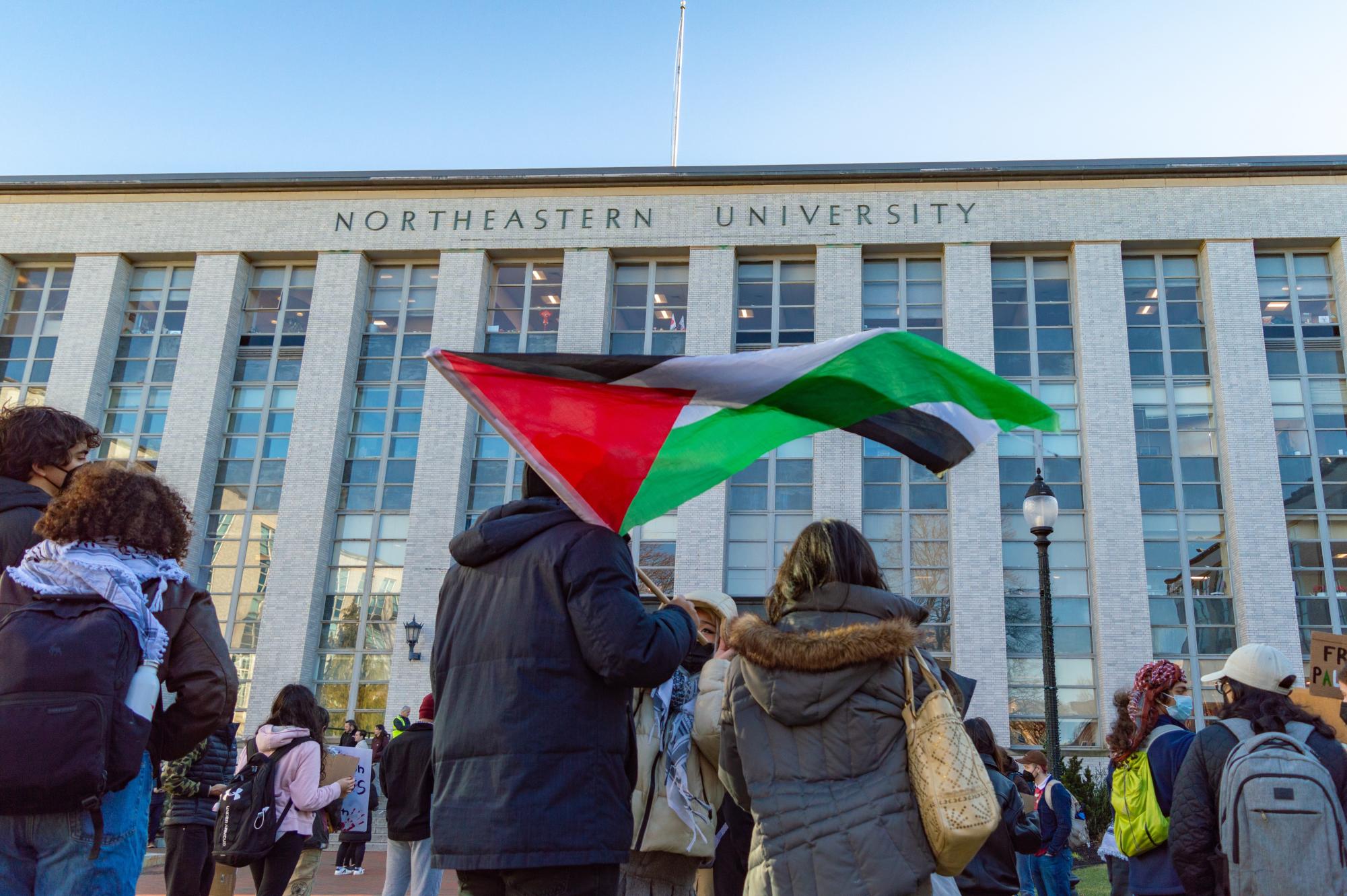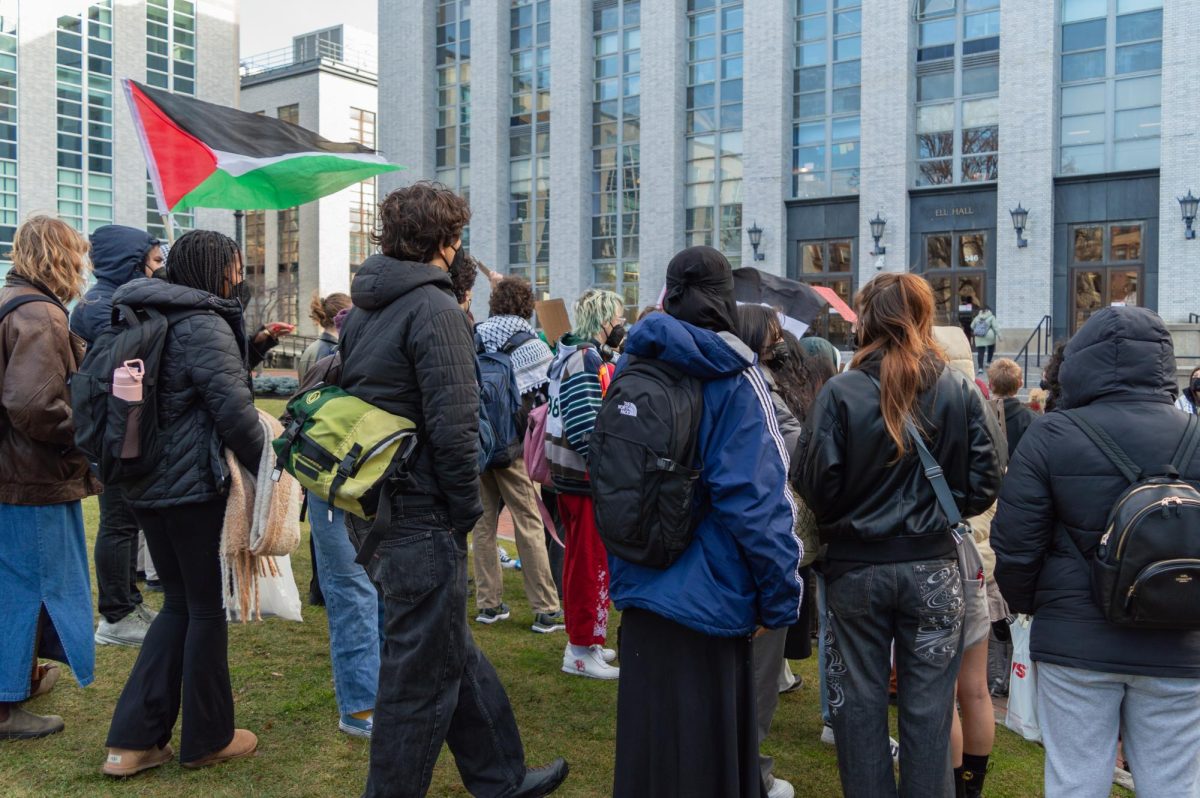In every generation, students have been the conscience of the world because they are free from intimidation or concerns for repercussions.
I am a physician who has dedicated my entire life to saving the lives of others. My involvement in anti-Apartheid protests in the late ‘70s took place on Stanford University’s campus in California during my undergraduate years. As uncomfortable as it was for the university, I was not silenced. Nor were others across the nation. Recent Martin Luther King Jr. Day events reminded people why protests are so important.
Former Harvard University President Claudine Gay was pressured to resign from her position due to ongoing protests on campus. There was clear support from fellow faculty to keep Gay in her position. However, there was little publication from the university as to how the university addresses student conduct with regard to freedom of speech, protests and harassment. It instead allowed blame to fall on Gay when it rightfully lay with the administration.
“Find out just what any people will quietly submit to and you have the exact measure of the injustice and wrong which will be imposed on them,” Frederick Douglass said.
No university spokesperson stood up and said Gay, as a representative of the university at the U.S. Congressional hearing on student protests held Dec. 5, 2023, had no personal right to express her opinion and would have been sanctioned had she done so. She was damned if she did and damned if she did not.
No spokesperson said Gay’s only role was to lay out the policy of the university, which she correctly did.
No one said the question U.S. Rep. Elise Stefanik asked was, in fact, a legal question about the process of student conduct and expulsion, nor that the response was appropriately framed in “legalese” — the formal language used in legal responses and documents. University lawyers are intentionally tasked with counseling leadership on testimony in cases such as this.
No one said each student’s case deserves a complete and thorough hearing without rigid guidelines that neuter free speech regardless of citizenship. Expulsions would be applied on a case-by-case basis based on discovery findings.
No one affirmed the right to free speech is not only a constitutional right for United States citizens, but one that Harvard and other universities invested in democracy must afford all students so that all voices may be heard and debated and ideals shaped and reshaped.
Most do not say that the call for genocide against Israeli attackers by students protesting the bombing of Gaza is ever acceptable. Even if that sentiment is retaliatory and in response to a current perceived genocide in progress. The student outcry to Israel’s self-defense tactic is about the scale of the response and not to the right of Israeli self-defense. This nuanced response is ignored in the Harvard protest discussion and many of the debates on student protest.
We live in a country that fully backs and acquits people under Stand Your Ground laws, or SYG, that permit people (usually white) to kill someone just because they may fear being annihilated. Under SYG, you can kill without having ever actually been attacked. You can defend property, even if it is your neighbors and not your own. The U.S. Commission on Civil Rights presented in the February 2020 Briefings on Stand Your Ground Laws that whites invoking SYG are ten times more likely to be acquitted or not even have charges brought.
Our country sends mixed messages about killing, but if we drill down a bit, it becomes clearer what the message is. It says to attackers and the world: You may threaten to kill and kill people of color, but people of color cannot threaten to kill those who are threatening or actually attempting to annihilate them. The student protesters fear that Palestinians are going to be annihilated, so they are calling on the world to resist.
The right to free speech must be upheld at all costs, including the cost of suffering discomfort for those who hear it. However, there is a civil right not to be harassed and a criminal right not to be assaulted. The intent of free speech and the violent actions that follow it must be investigated and punished. It is when someone crosses the line from protest to harassment or threats of a specific nature that all of us should stand up and defend those harmed.
The University of Virginia (UVA) Charlottesville had welcomed Unite the Right freedom of speech rally and “relfective conversation” to be held on its campus August 12, 2017. Two UVA alum were involved: Jason Kessler, as organizer, and Richard Spencer, as a featured speaker. The conversation centered on whites being able to protest on behalf of their interests, which at the time included retaining display of civil war leader Lee’s statue in a public park. That day erupted with the infamous “Jews will not replace us” march on the campus, that resulted in the death of Heather Heyer and injuries to 19 others. Though the UVA was itself cited for failings, it was allowed time to investigate as it attempted to sort through freedom of speech vs. harassment and intimidation. It would be seven months of investigation and deliberation before UVA acted by issuing a No Tresspasing ban to Kessler in April 2018 for his behavior and risk he posed for UVA students, and 4 months later to Spencer and 9 others.
The university was not interrogated before Congress to defend its process, nor was its white male president forced to resign, despite the actual harm that had occured. But in 2023, we see female presidents being humiliated and allowed to be burned at the stake. Shame on their universities, on Congress and on America. We have made lip service to actual progress for supporting woman’s equality in leadership roles.
Rep. Stefanik was, in essence, demanding that universities censor student free speech and prejudge their meaning and intent. Harvard has failed as an academic pillar to highlight and define for the congressional interrogators, the public and some of their wealthy contributors the difference in roles between a private educational institution of higher learning and a public one and between corporations and nonprofits.
Harvard has also failed to delineate the methods of due process for students, including differentiating free speech from harassment and sharing how other universities handled similar objectionable speech. It did not clarify the role of government in oversight versus overreach into private organizations. Harvard did not define the distinction between welcomed alumni input and bullying by pocketbook or the difference between being anti-genocide and being antisemitic.
It did not share an underreported truth — that many Jewish Americans feel that the attacks on Gaza have crossed a line and may be considered genocide, yet their voices are not being represented in the media. Nor did it illuminate that key point — that behaviors have gradients, and in most situations, there is a line that is crossed but the line must be parsed out. There are lines between protest and intimidation, between self-defense and genocide, between debating and bullying and between typical workplace competition and the range of microaggressions up to frank discrimination in the workplace. The pressing desire for situations to be black and white is strong, but the crossover from one to the other can sometimes be gray.
We should not be trying to expel students who are of different race, ethnicity, religion or culture. The expansion in diversity in educational settings helps bring unspoken truths to light for examination and forward movement that is better for humanity in general rather than certain specific groups.
My undergraduate university, Stanford, and many others have responded briskly to this scorched earth attack on universities over student protests about Israeli actions. They are coming out and emphatically stating that a call for genocide is considered hate speech and violates their student code of conduct. Yet they have not defined genocide nor made clear statements about terminology such as “intifada” — an Arabic word that strictly translates to resistance but can have nuanced meanings to different people, often depending on the intention. The universities’ responses are understandably reactionary so they do not lose valued donors but also ensure all students feel safe. Some university responses are to define for the public and maybe for students, a point going forward regarding what will be considered free speech and what will not.
Students have subsequently criticized these universities for their lack of outcry about genocide in Gaza. The jury is still out about whether what we are seeing are war crimes and/or genocide. But history has shown that the world, and the United States in particular, has been quicker to silence those who use their voice than they have been to speak out against or intervene in genocide anywhere.
Robin Reed is a Medical Director at the Addiction Treatment Center of New England and cofounder of The Wellness Collaborative, Inc. and WellnessRox, LLC. She can be reached at wellnessroxboston@gmail.com.











